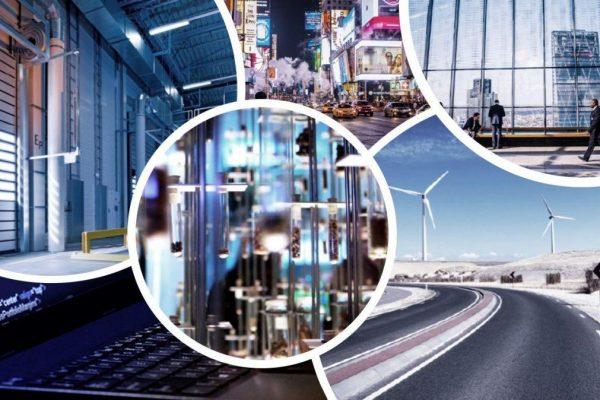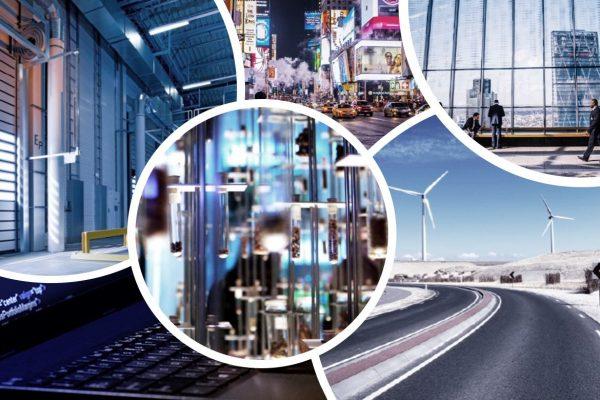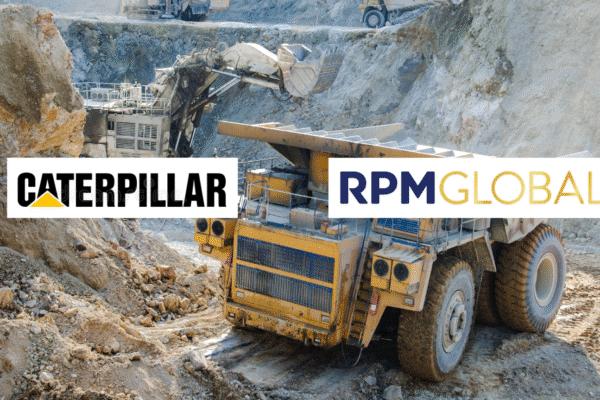
Meet George Jetson – Cleantech Group European Forum Antwerp
18.8.2018David Hassum recently attended the Cleantech Group’s annual European forum in Antwerp, Belgium. The Cleantech Group has been organising these forums for over 15 years.
The attendees were from a wide range of groups in the Cleantech sector including senior representatives from major energy, oil and gas companies, large banking institutions, private equity and VC funds, and corporations, from well-established businesses to start-ups. Judging by the high quality and level of the attendees and speakers, the Forum is held in very high regard by the Cleantech sector.
The topics were many and varied. Not all of these can be covered in this summary, so the following gives an overview of the key themes and buzzwords that seemed to dominate.
Circular Economy. This refers to taking a holistic, end-to-end view of waste management, starting at a product design level, through materials selection, recycling, reuse, resource recovery and as a last resort, waste-to-energy. The focus is now on extracting the higher value resources from our urban and industrial waste, i.e. waste-to-materials and waste-to-chemicals solutions as opposed to waste-to-energy. Waste-to-energy seems to be old thinking, used only for the residual waste after the resource recovery process.
Urban Mining. Aligned to the Circular Economy theme is the concept of mining urban waste. The city of Antwerp is about to build the world’s first landfill mining plant. They will be digging up an old landfill to mine the resources in the waste. In their view, the sorting and resource recovery technologies are now sufficiently advanced to make this technically and commercially viable.
Electrification / eMobility. There was much discussion around electrification in transport and logistics; the rapid change from internal combustion engines to electric vehicles, and emerging business models for shared ownership of vehicles known as “Mobility-as-a-Service”. There are some interesting companies in this space, such as Connected Energy (www.c-e-int.com), who repurpose degraded electronic vehicle batteries into large scale, stationary, containerized battery solutions, extending the useful life of the battery for 8 to 10 years. There are also new business models arising around charging (such as “vehicle-to-grid”, i.e. accessing the energy stored in car batteries when they are not in use), and mobility services.
Sustainable Chemistry. Bio-based chemical production is the “4th Industrial revolution”. The bio-based economy refers to all economic activity derived from scientific research focused on biotechnology, and the fourth industrial revolution is characterized by a fusion of technologies that is blurring the lines between the physical, digital and biological spheres. Progression in bio-based chemical production is very relevant to Australian agribusiness and its ability to produce the essential ingredients for the bio-based economy, including major developments in; fermentation, enzymes, proteins and antibiotics. e.g. Corbion; www.corbion.com
AI / Blockchain / Digitisation. It seems you can’t go to any conference these days without some mention of Artificial Intelligence and Blockchain. There were some practical examples of the use of blockchain and AI in the management of complex, multi-lateral, distributed energy systems and energy trading settlements. Digitisation was the key to moving from the tradition unilateral, centralized energy supply systems to complex grid management solution that include; Demand side management, distributed generation sources, storage management and optimisation, energy trading and settlements.
Gas & Hydrogen. These will play an increasingly important role in the energy mix, particularly for seasonal energy storage, peaking and dispatchable power solutions.
Fusion v Fission. There is significant investment going in Fusion Energy as opposed to Fission. Fusion, although nuclear based, does not produce radioactive and weaponisable waste. See; http://generalfusion.com/
The Jetsons era is already here! Probably the most interesting and thought-provoking presentation I attended was by Lilium, which has successfully built and flown a full size, all electrical, vertical takeoff and landing 4-seater aircraft. It has a range of 300km and can travel at 300km/hr. To see their maiden flight, have a look at: www.lilium.com. They had just completed a US$90m capital raising. They do not intend to sell these aircraft. Their business model is to operate shuttle services, such as from JFK airport to Manhattan in a fraction of the time and at a lower cost than a taxi.
The Rise of the Corporate Investor. Investments into the Cleantech sector are growing overall, but the most interesting trend is the rise of the corporate investor (rather than financial investors). Many large established businesses are making early stage investments into emerging technologies in their sector.
We live in fascinating and exciting times. The changes we are going to see in coming years in terms of mobility, energy, waste, chemicals and materials will be enormous. We will continue to see the emergence of disruptive business models and technologies in these sectors. InterFinancial is active in the Cleantech and Renewable Energy sectors, globally through our partnership in Clairfield International.
Any of our readers who would like to better understand these potential disruption and opportunities are encouraged to call our sector lead David Hassum on 07 3218 9100.
Author: David Hassum








